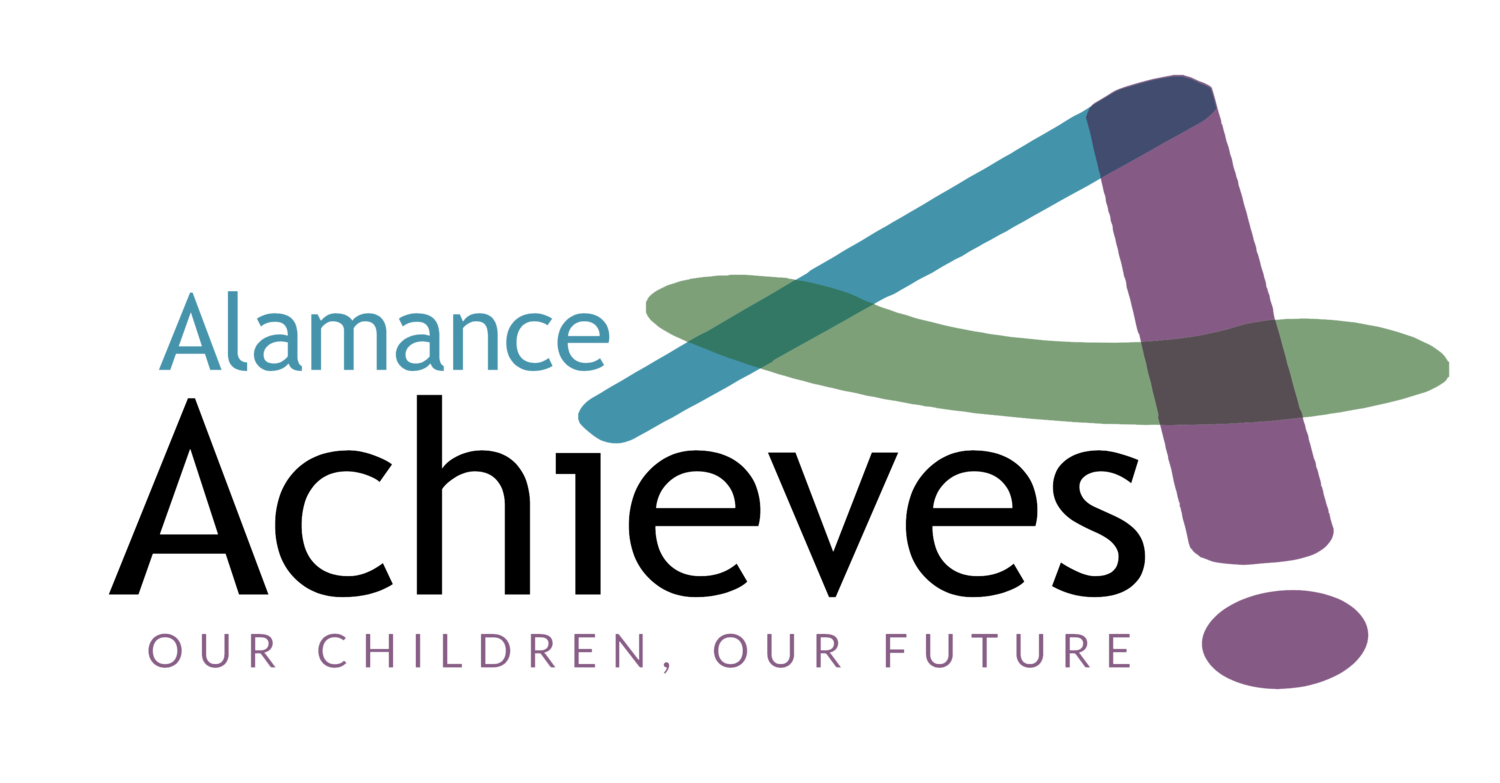As a member of the Community Voice Project’s Implementation Team, Shereá helps design and implement listening sessions to envision education equity, while also centering healing and restorative practices. In community, Shereá is a literacy advocate who is passionate about literacy programming for children, promoting the work done by Black and Indigenous women, and raising awareness about the issues impacting marginalized communities. You can find out more about Shereá and her work — including upcoming events and recordings of her Systems of Our Culture series — on her website, https://www.thiswomanswords.co/.
What is something you love about your neighborhood / community? What makes it special?
I love that my family's legacy is so evident and still visible in this county. Personally, my family history and culture are tied specifically to Alamance County. When I drive through the County, I see places that my ancestors established and changes that they made from the Pleasant Grove area through the Snow Camp area. The fact that my ancestors helped to move Alamance County forward at a time when it was truly dangerous to do so inspires me to continue to make strides towards changing and improving the county as well.
What are your hopes for the longer-term future of Alamance County? What are your concerns?
My hope is to see more diversity in county leadership and amongst local elected and appointed officials. I hope to see us show a true commitment to assisting those who may not look like, speak like, or have the same history as us. I hope to see more diligent work to address issues like literacy, homelessness/affordable housing, domestic violence, and equality in medical care. I would also like us to work more diligently in addressing topics such as sexual health and education for our youth and establish additional resources for members of the LGBTQ+ Community. My primary concern is that those in positions of authority will continue to make decisions for those that they know or those that look/live like them and that this will continue the trend of everyone not having access to the same resources. Too often access to resources and privilege go hand-in-hand in this county. That leaves a large portion of the county to fend for themselves in the best way that they know how when the opposite should be true. As a community, we have a responsibility to one another and to future generations to come. I would like to see our county's citizens step away from making prominent names for themselves and focus on making prominent changes in and a better name for Alamance County.
What is your vision for education equity in Alamance County?
My vision for education equity in Alamance County involves us truly meeting children and families where they are, allowing families to truly be the experts on their dynamics, and providing more educational materials where children - particularly children of color - see their lives, their experiences, and themselves reflected. I am convinced that we continue to underestimate the profound impact that reading a book with characters of color has on a child of color. Too often we use the education system to label children as opposed to addressing the needs that exist for them and their family. We are too quick to pass judgment on children. Instead of saying that the child is talkative in class because the work or books being utilized do not interest them and we need to explore broader options, we label the child as a behavior problem and discipline them accordingly. Children start to equate school with a place where they are not free to be themselves and then we lose the opportunity to introduce them to topics and skills that they may truly enjoy. Education equity in Alamance County - to me - looks like seeing diverse books on the shelf that match the society that our children are growing up in. It looks like exploring alternate learning styles when the traditional approaches do not work. It looks like encouraging more than punishing, learning about families more than we label them.
Why did you decide to join the Implementation Team?
After serving on the Planning & Methodology Team, I had a vested interest in seeing the work we were doing progress and develop into something greater.
What is something you learned through your work with the Implementation Team that surprised / stuck with you?
I learned that there are several different communities working to be heard in the education system here. In my opinion, we would make more of an impact if we joined together to address the multitude of needs that exist for children from marginalized communities, rather than all of the communities trying to advocate separately, but there seems to be a gap in connecting all of the advocates. Needless to say, I am looking for a way to address this and I believe the Alamance Achieves' Roundtable Discussions may be a step towards establishing more of a network between different communities.





